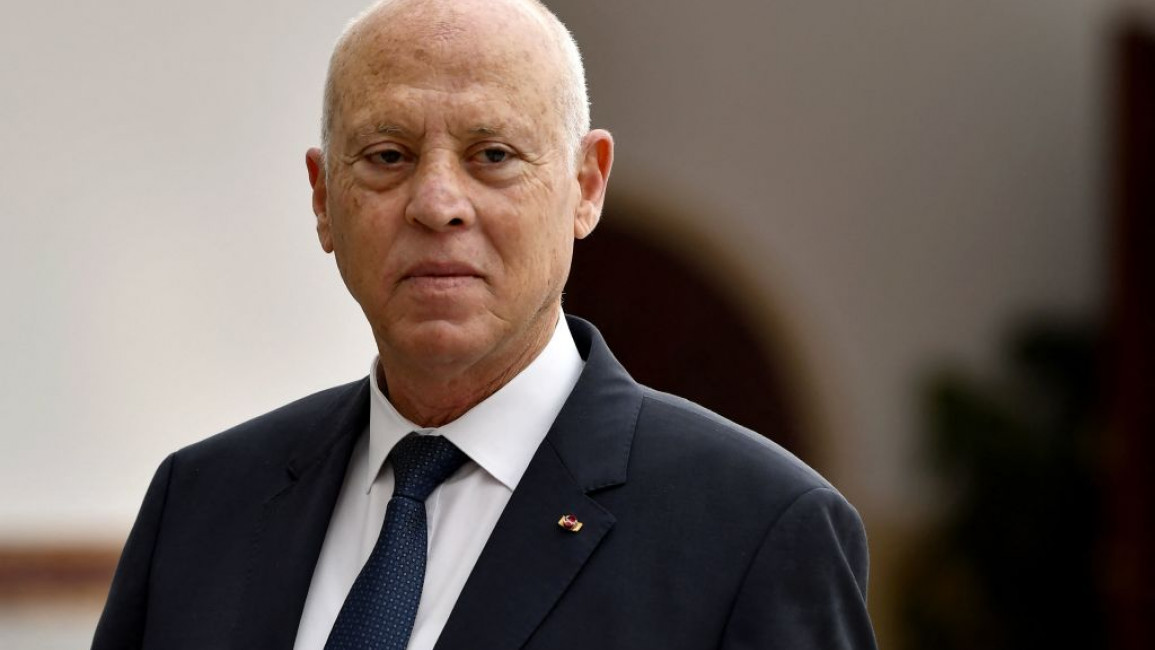Tunisia's parliament speaker rejects extension of parliament freeze for another year
The speaker of Tunisia's parliament on Thursday rejected as "unconstitutional and illegal" moves by President Kais Saied to prolong the assembly's suspension until elections in December next year.
Saied had on Monday vowed to press on with reforms to Tunisia's political system, months after he sacked the government, froze the legislature and assumed wide-ranging executive powers.
Parliament speaker Rached Ghannouchi, who is head of the Islamist-inspired Ennahdha party, said in a statement on Facebook that he "utterly rejects (the parliament being suspended) for another year".
The move "prolongs (Saied's) one-man rule and deepens the political crisis in the country and its financial, economic and social consequences as well as isolating Tunisia internationally," he said.
"The only way out of the crisis is to immediately cancel the exceptional measures and hold a comprehensive national dialogue."
Saied on Monday announced a nationwide consultation starting in January to drum up ideas for a revision to the country's 2014 constitution, which installed a troubled and often dysfunctional hybrid presidential-parliamentary system.
The suggested changes would be examined by an expert committee appointed by Saied before being put to a referendum on July 25 2022, a year after Saied's power grab.
Saied's moves earlier this year won approval from many Tunisians weary of a political elite seen as corrupt and ineffective in tackling deep social and economic woes, but he has faced growing international and domestic pressure to reinstate democratic institutions.



